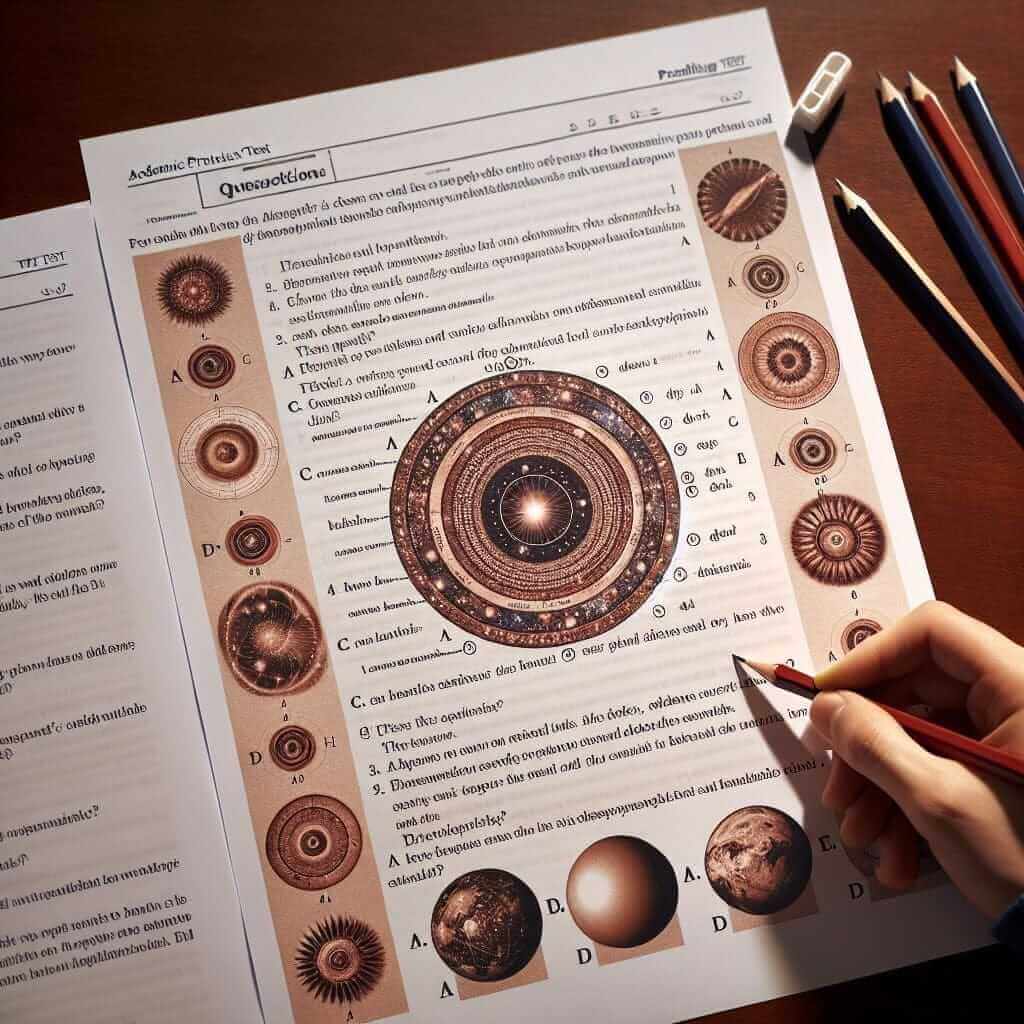As an IELTS instructor with over 20 years of experience, I’ve witnessed firsthand the crucial role reading plays in achieving a desirable IELTS score. Many students often underestimate the significance of reading skills in this exam, but it’s intrinsically linked to success in all four sections: Listening, Reading, Writing, and even Speaking.
The Importance of Reading Skills in IELTS
Reading is not just about understanding words on a page; it’s about extracting meaning, analyzing information, and connecting ideas. This is precisely what the IELTS tests.
Here’s why strong reading skills are paramount for IELTS:
1. Enhancing Vocabulary and Grammar
- Exposure to Diverse Language: Consistent reading exposes you to a wide range of vocabulary and complex grammatical structures used in various contexts. This exposure naturally enhances your own language proficiency, proving beneficial across all IELTS sections.
- Improved Comprehension: A strong vocabulary base allows you to understand the nuances of language and identify synonyms, which are frequently tested in the IELTS Reading section.
2. Improving Reading Speed and Comprehension
- Time Management: The IELTS Reading test is time-bound; hence, efficient reading is key. Regular reading practice helps improve your reading speed without compromising comprehension.
- Scanning and Skimming Techniques: Effective reading involves techniques like skimming for general understanding and scanning for specific information. These techniques are essential for navigating the often lengthy IELTS reading passages efficiently.
3. Boosting Overall Language Proficiency
- Critical Thinking: IELTS Reading passages often require you to infer meaning, analyze different viewpoints, and understand the writer’s tone. These skills are honed through consistent and focused reading.
- Confidence Building: Improved reading skills translate to increased confidence in tackling complex texts, ultimately impacting your performance positively across all IELTS sections.
How to Improve Your Reading Skills for IELTS
- Read Widely and Regularly: Make reading a habit. Explore diverse materials like newspapers, magazines, journals, and online articles on various topics to expand your vocabulary and knowledge base.
- Focus on IELTS-Specific Materials: Utilize IELTS practice tests, sample reading passages, and books specifically designed for IELTS preparation. This will familiarize you with the exam format, question types, and the level of difficulty.
- Active Reading is Key: Don’t just passively read; engage with the text. Highlight key points, make notes in the margins, and summarize paragraphs to ensure you’re actively processing the information.
- Time Yourself: Practice reading under timed conditions to simulate the exam environment. Gradually aim to improve your reading speed while maintaining comprehension accuracy.
- Analyze Your Mistakes: After each practice test or reading exercise, review your errors carefully. Understand why you got certain answers wrong and focus on areas that need improvement.

Example from IELTS Reading
Let’s look at a question type often seen in the IELTS Reading section:
Question Type: True/False/Not Given
Passage Extract: “The use of renewable energy sources has increased significantly in recent years, with solar and wind power leading the way.”
Statement: Solar and wind power are the only renewable energy sources experiencing growth.
Answer: Not Given (While the passage mentions solar and wind power are leading the growth, it doesn’t state they are the only ones).
This example demonstrates the need for careful reading and understanding of subtle differences in meaning.
Tips for Success
- Develop a Strategic Approach: Before diving into the passage, quickly skim through the questions to get an idea of what information you need to look for.
- Manage Your Time Wisely: Allocate time for each passage and question strategically. Don’t get bogged down on one question; move on if needed and return to it later if time permits.
- Practice, Practice, Practice: The key to success in the IELTS Reading section, as with any other skill, is consistent and focused practice.
Conclusion
Mastering reading skills is an indispensable part of your IELTS journey. It’s not just about understanding words, but about comprehending complex ideas, analyzing information efficiently, and ultimately, achieving your desired IELTS score. Remember, consistent effort and strategic practice are the cornerstones of success in the IELTS Reading section.